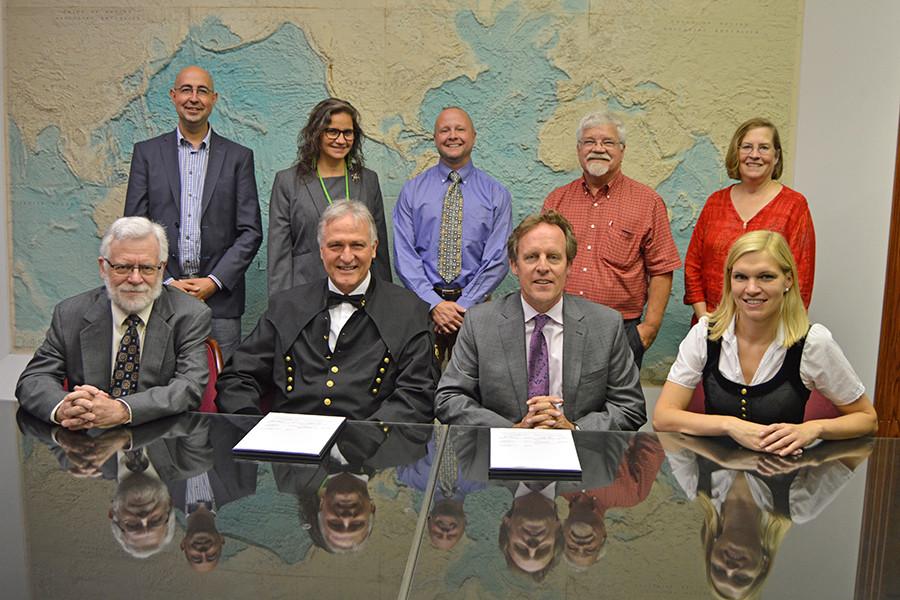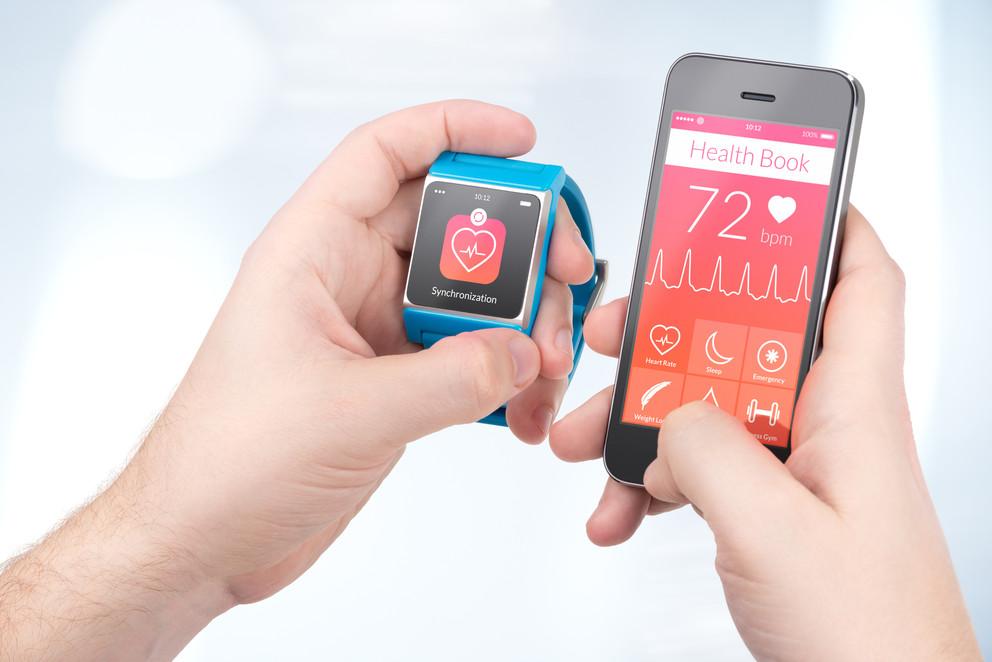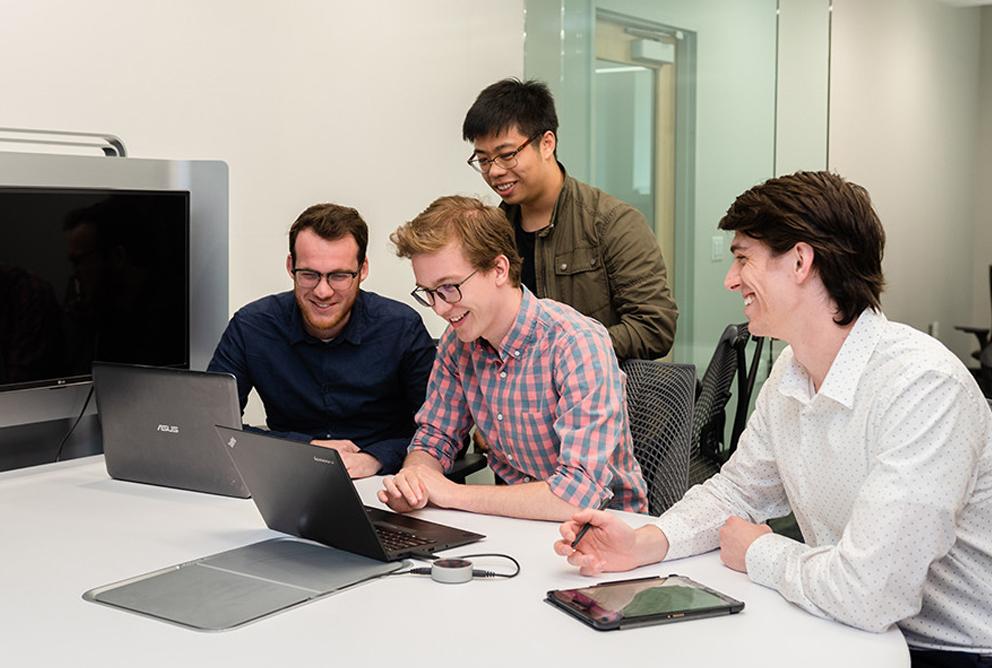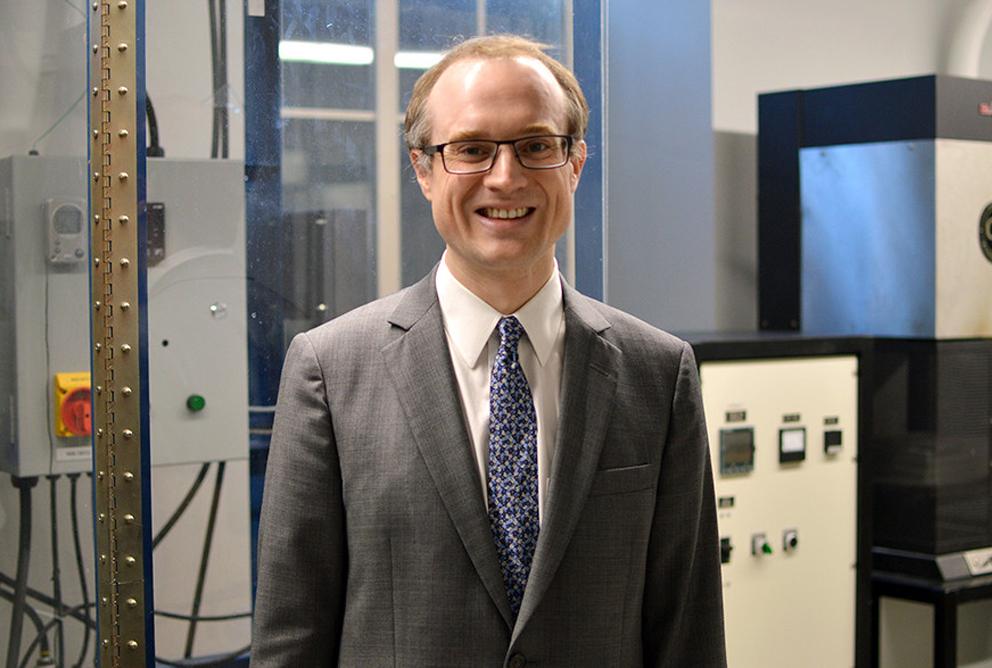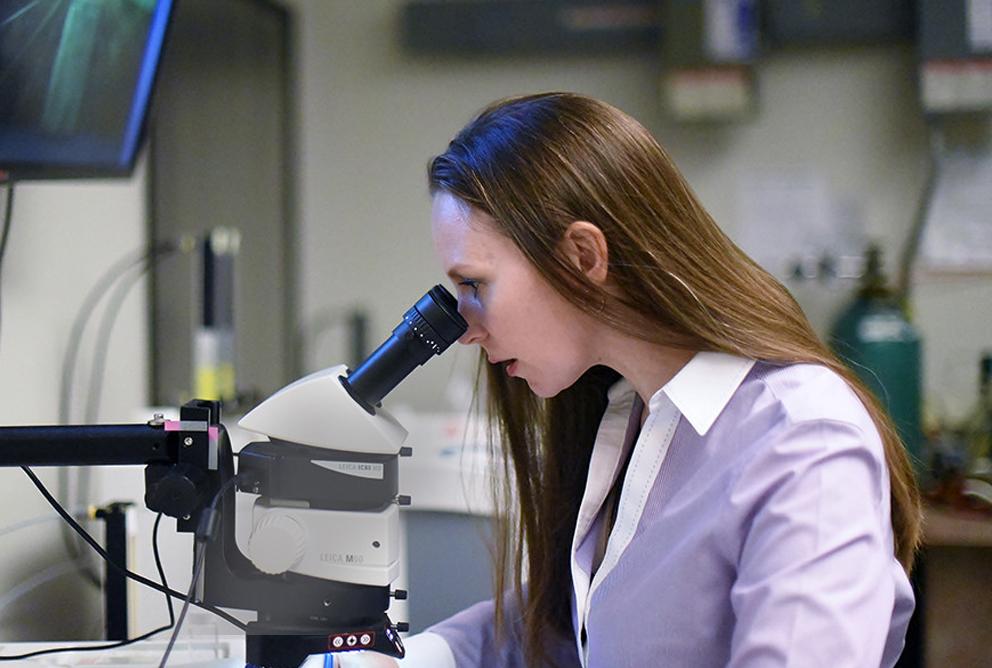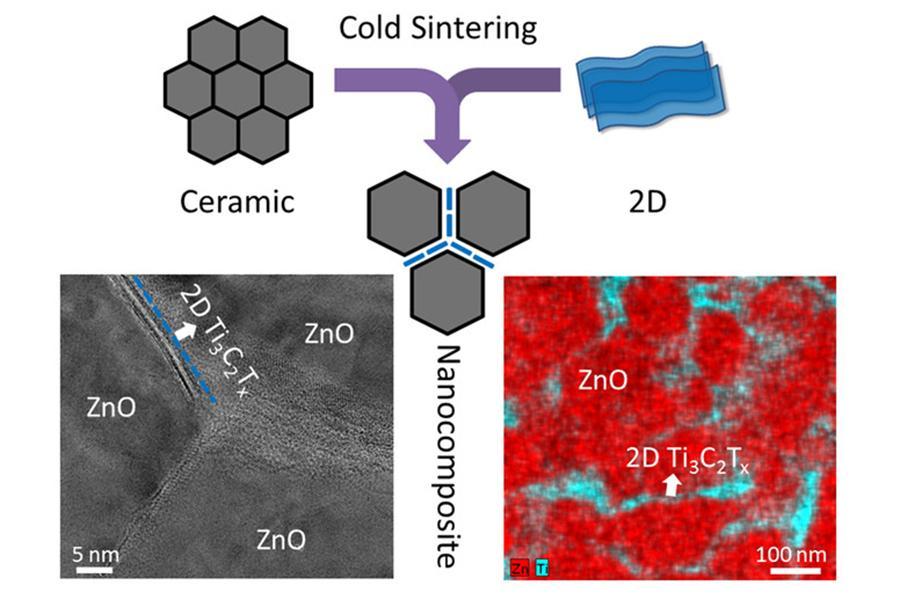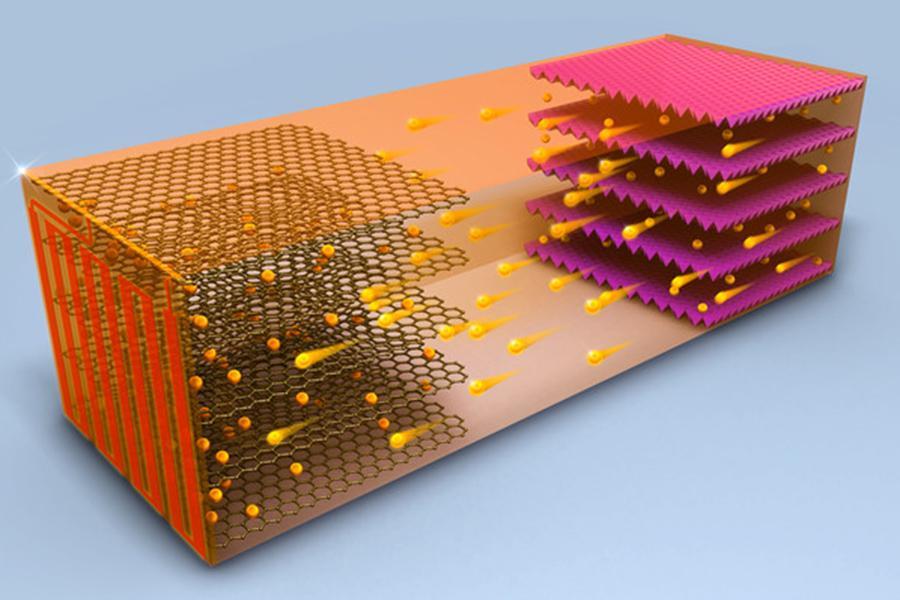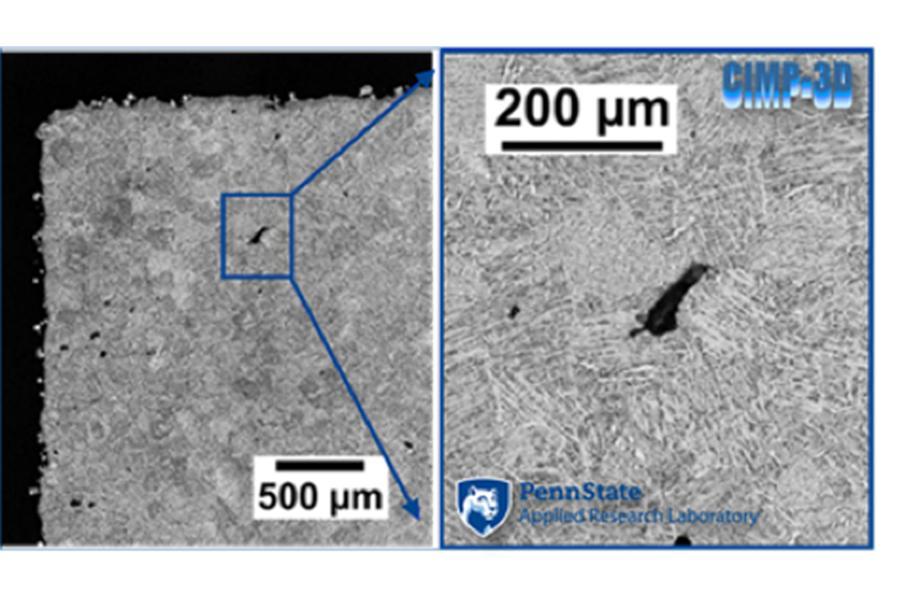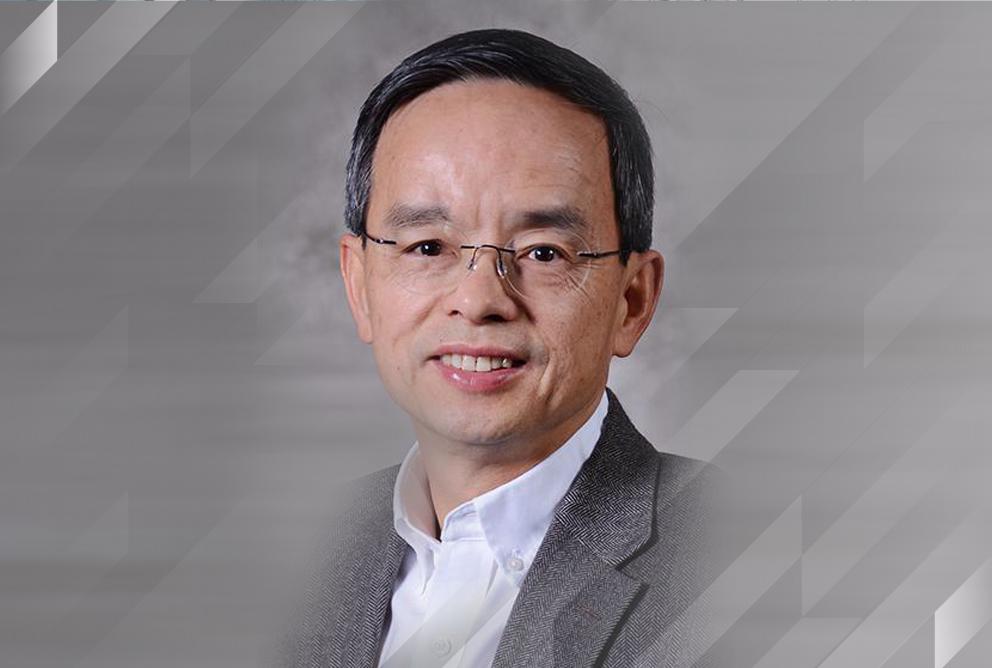The College of Earth and Mineral Sciences (EMS) has entered a memorandum of understanding (MOU) with Montan University Leoben, in Leoben, Austria, to develop a student exchange partnership that will link two educational institutions known for their expertise in sustainable approaches to materials sciences, mining and geosciences, with additional partnership opportunities with Penn State's Earth and Environmental Systems Institute.
A wearable energy-harvesting device could generate energy from the swing of an arm while walking or jogging, according to a team of researchers from Penn State's Materials Research Institute and the University of Utah.
Jason Munro, a doctoral student in materials science and engineering, credits two recent scholarships with allowing him to pursue research that's both his passion and relevant to advancing the needs of society.
According to research by John Mauro power-law distribution explains accidents in the workplace and how best to minimize them.
Ralph Colby has partnered with two other Penn State researchers to get a better basic understanding of how plastics cool from a liquid to solid shape in injection molding.
Glass has been a part of society for thousands of years, so it is easy for this material to become invisible and overlooked, but a Penn State materials scientist has laid out a plan to map the glass genome and advance the future of glass. (The effort is part of the Materials Genome Initiative, which is trying to double the speed of developing new materials.)
For the first time, researchers have created a nanocomposite of ceramics and a two-dimensional material, opening the door for new designs of nanocomposites with such applications as solid-state batteries, thermoelectrics, varistors, catalysts, chemical sensors and much more.
Californians do not purchase electric vehicles because they are cool, they buy EVs because they live in a warm climate. Conventional lithium-ion batteries cannot be rapidly charged at temperatures below 50 degrees Fahrenheit, but now a team of Penn State engineers has created a battery that can self-heat, allowing rapid charging regardless of the outside chill.
A team led by Penn State's Applied Research Laboratory, in collaboration with the Center for Innovative Processing thru Direct Digital Deposition, has received a $1.4 million grant by the Air Force Research Laboratory to examine the random flaws that arise during the process of powder bed fusion additive manufacturing.
Zi-Kui Liu, distinguished professor of materials science and engineering in the College of Earth and Mineral Sciences, was nominated for Vice President and Trustee of ASM International for a term of one year.


